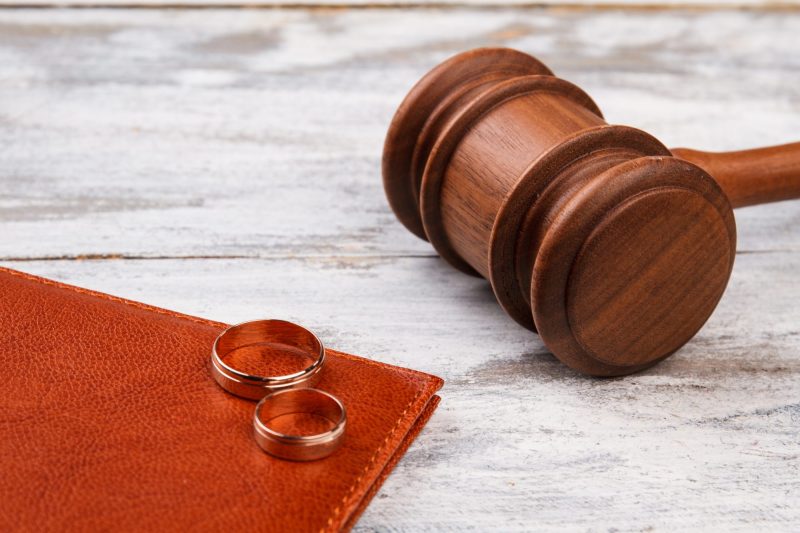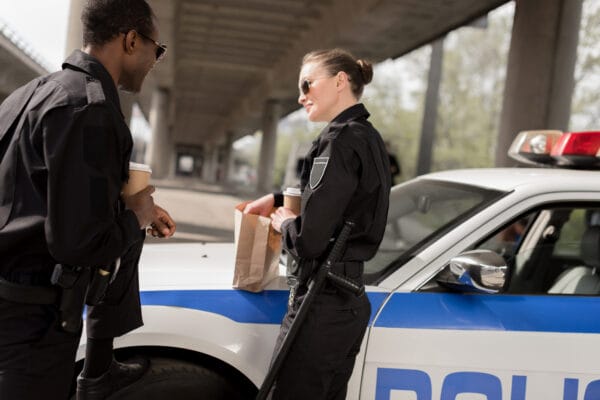PHOTO: The Supreme Court said it will hear a defense of two Arizona voting laws that a lower court struck down as racially discriminatory. The laws, on ballot collecting and out-of-precinct voting, still stand, and the court’s decision is not expected to affect this fall’s elections. /File photo by Vandana Ravikumar/Cronkite News
By Calah Schlabach | Cronkite News
The Supreme Court on Friday said it would hear Arizona’s defense of two election laws, on ballot-collecting and out-of-precinct voting, that were struck down by a lower court earlier this year as racially discriminatory.
The controversial voting restrictions are still in effect, as the lower court’s ruling was put on hold for a potential Supreme Court appeal. And they will likely remain so until after next month’s election: Experts say the Supreme Court is not likely to even hear the cases until December, the first open date on its calendar.
The two cases – Brnovich v. Democratic National Committee and Arizona Republican Party v. Democratic National Committee – are being watched nationally because many states have similar laws that would be affected by the court’s ruling.
Both cases involve Republicans trying to reinstate voting laws that were struck down by the 9th U.S. Circuit Court of Appeals as racially discriminatory.
Arizona Attorney General Mark Brnovich welcomed the court’s decision to consider the appeal of what he called “a misguided ruling by the Ninth Circuit.”
“There is no higher priority for public officials than to maintain the integrity of elections,” Brnovich said in a statement Friday.
But what Brnovich sees as a misguided ruling, Arizona Secretary of State Katie Hobbs has defended as a “carefully reasoned decision.”
In a filing opposing the Supreme Court appeal, Hobbs defended the ruling that she said counters what one expert called “a long history of race-based discrimination against American Indian, Hispanic and African American citizens.” That discriminatory behavior has continued in recent years, her filing argued.
The 2016 “ballot harvesting” law makes it illegal for anyone but a family or household member, caretaker, mail carrier or election official to collect and submit another person’s completed ballot.
Brnovich called the ballot-collection law a “commonsense means of protecting the secret ballot and preventing undue influence, voter fraud, ballot tampering, and voter intimidation.”
Voting rights advocates reject the claim that third-party ballot collection is a significant source of fraud, noting that it’s already illegal to tamper with ballots.
The ballot collection prohibition “just prevents people from carrying other people’s ballots to a mailbox,” said Alex Gulotta, Arizona state director for All Voting is Local.
“If you do anything with that ballot that was already illegal – it will remain illegal and we want it to be illegal,” Gulotta said. “What we don’t want to be illegal is you being able to carry your elderly neighbor’s ballot to a mailbox.”
The other law regards what elections officials do with ballots that are cast at the wrong polling place. Arizona’s out-of-precinct rule says officials should throw these ballots away. Other states allow the relevant parts of such ballots – like presidential and Senate choices – to be counted, while local races that do not apply to the precinct where the ballot was cast would be disregarded.
But Gulotta said data has shown that out-of-precinct voter restrictions tend to affect people who move often, which tends to be low-income people and people of color – “people that we have historically disenfranchised.”
Democrats who challenged the two Arizona laws said they violate the Voting Rights Act, and a divided panel of the 9th Circuit agreed in January. It said the laws disproportionately affected minority voters in Arizona, who more often collect ballots for other people and vote out of their precincts.
Brnovich won a stay of that ruling while he pursued a Supreme Court appeal. Friday’s decision by the high court to take the case means the laws will continue to stand for now.
Brnovich said that about 20 states have limits on ballot collecting and the majority of states require ballots to be cast in the correct precinct. His appeal has drawn the support of seven Republican senators, who filed a friend of the court brief saying that the 9th Circuit’s interpretation of the Voting Rights Act “would jeopardize legitimate voting laws across the country” if allowed to stand.
Gulotta disagrees.
“The 9th Circuit decision was a powerful statement that we’ve been treating people improperly in Arizona and we need to fix it,” he said. “And I’m hopeful that what comes out of the Supreme Court is an affirmation of that.”








